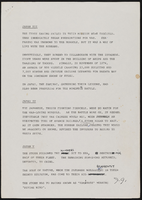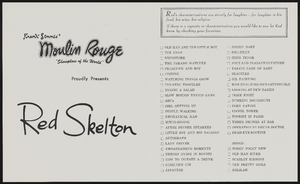Search the Special Collections and Archives Portal
Search Results

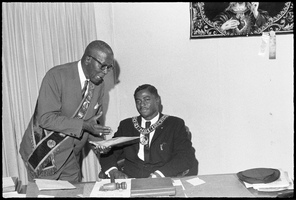
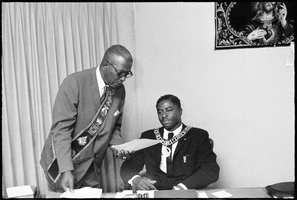
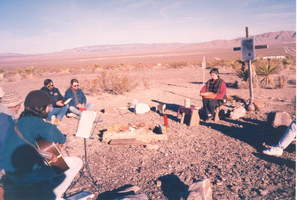
Unidentified protestors celebrating Ash Wednesday: photographic print
Date
Archival Collection
Description
Image
Laura and Don Garvin oral history interview
Identifier
Abstract
Oral history interview with Laura and Don Garvin conducted by Michael Martocci on March 03, 1979 for the Ralph Roske Oral History Project on Early Las Vegas. The Garvins provide details on their family background, the first sources of water in Las Vegas, Nevada, and the early city limits. They also describe their early occupations, religion, gambling, the Mormon Fort, and the effects of the Great Depression.
Archival Collection
Leonard R. Fayle oral history interview
Identifier
Abstract
Oral history interview with Leonard R. Fayle conducted by Jennifer Sealey on February 21, 1980 and March 06, 1980 for the Ralph Roske Oral History Project on Early Las Vegas. Fayle discusses his family history and life in Gene, Goodspring, and Sandy Valley, Nevada. He also discusses his involvement in organizations, early mining, religion, and prostitution.
Archival Collection
Edmund Fleming oral history interview
Identifier
Abstract
Oral history interview with Edmund "Ed" Fleming conducted by Mark Lucas on February 08, 1977 for the Ralph Roske Oral History Project on Early Las Vegas. In this interview Fleming discusses mining practices in Southern Nevada and his teaching experiences in Pahrump, Nevada, Goodsprings, Nevada, and Las Vegas, Nevada. He also discusses religion, transportation, and culture in Las Vegas.
Archival Collection

